Search
Search within India
11 results found
Evidence review
Evidence Review: COVID-19 Recovery in South Asian Urban Informal Settlements
This evidence review highlights local responses, grassroots efforts, and challenges around COVID-19 recovery within urban informal settlements in South Asia. It focuses on specific examples from Karachi, Pakistan and Mumbai, India to inform policy responses for COVID-19 recovery and future…
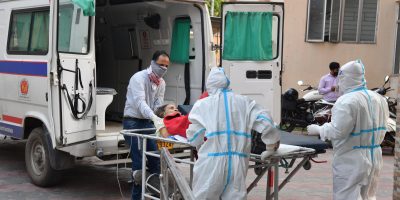
Briefing
India’s Deadly Second COVID-19 Wave: Addressing Impacts and Building Preparedness Against Future Waves hi
This Key Consideratins briefing examines the second wave of COVID-19 in India and recommends measures to further arrest the spread of infection and to prevent and prepare against future waves.
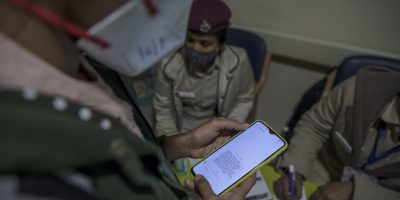
Briefing
Smart Cities and COVID-19: Implications for Data Ecosystems from Lessons Learned in India arbnhine
Best data practice recommendations for the use of technology for surveillance, fact-checking and coordinated control during crisis or emergency response.
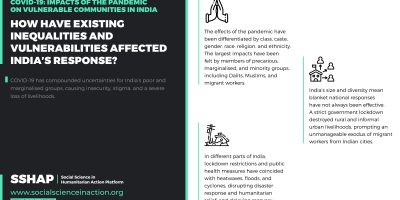
Infographic
COVID-19: Impacts of the Pandemic on Vulnerable Communities in India
How have existing inequalities and vulnerabilities affected India’s response?
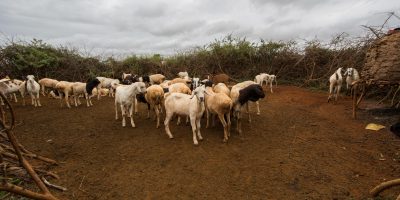
Research paper
COVID-19 and pastoralism: reflections from three continents
How have COVID-19 disease control measures affected mobility and production practices, marketing opportunities, land control, labour relations, local community support and socio-political relations with the state and other settled agrarian or urban populations? This article reflects on five diverse cases…
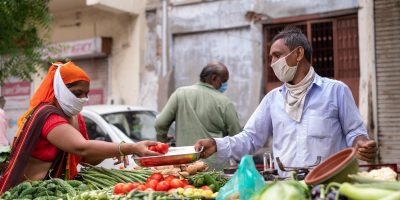
Evidence review
In-Focus: COVID-19, Uncertainty, Vulnerability and Recovery in India guhi
How COVID-19 has intersected with and multiplied existing uncertainties faced by different vulnerable groups and communities in India
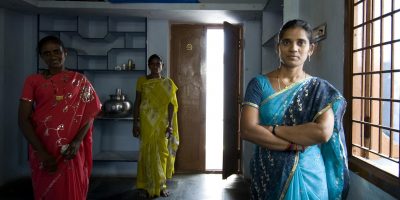
Evidence review
Health Shocks and Coping Strategies. State Health Insurance Scheme of Andhra Pradesh, India
The objectives of the study are three-fold: to investigate who are vulnerable to welfare loss from health shocks, what are the household responses to cope with the economic burden of health shocks and if policy responses like state health insurance…
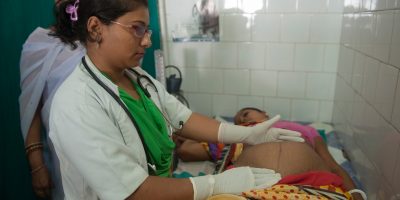
Briefing
Is the Health System Response Out of Sync with the Demands of the Islanders in the Indian Sundarbans?
Five years ago, a mid-summer nightmare named Aila crashed on the Sundarbans with murderous fury and wreaked destruction beyond repair. On May 25, 2009 the tropical cyclone hit the Sundarbans in India and Bangladesh with a wind speed of 110…
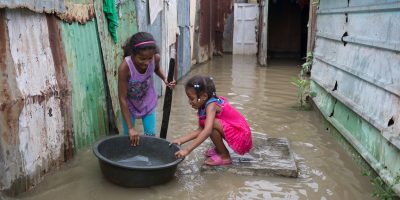
Background report
Looking Upstream: Enhancers of Child Nutritional Status in post-Flood Rural Settings
Child undernutrition and flooding are highly prevalent public health issues in many developing countries, yet we have little understanding of preventive strategies for effective coping in these circumstances. Education has been recently highlighted as key to reduce the societal impacts…
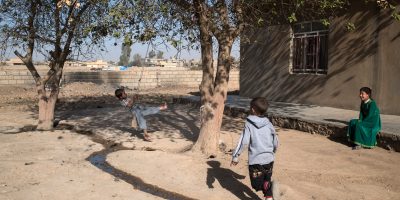
Evidence review
Multiple Shocks, Coping and Welfare Consequences: Natural Disasters and Health Shocks in the Indian Sundarbans
Based on a household survey in Indian Sundarbans hit by tropical cyclone Aila in May 2009, this study tests for evidence and argues that health and climatic shocks are essentially linked forming a continuum and with exposure to a marginal…
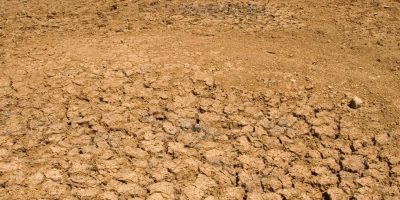
Background report
Famine in the Twentieth Century
More than 70 million people died in famines during the 20th century. This paper compiles excess mortality estimates from over 30 major famines and assess the success of some parts of the world – China, the Soviet Union, and more…


